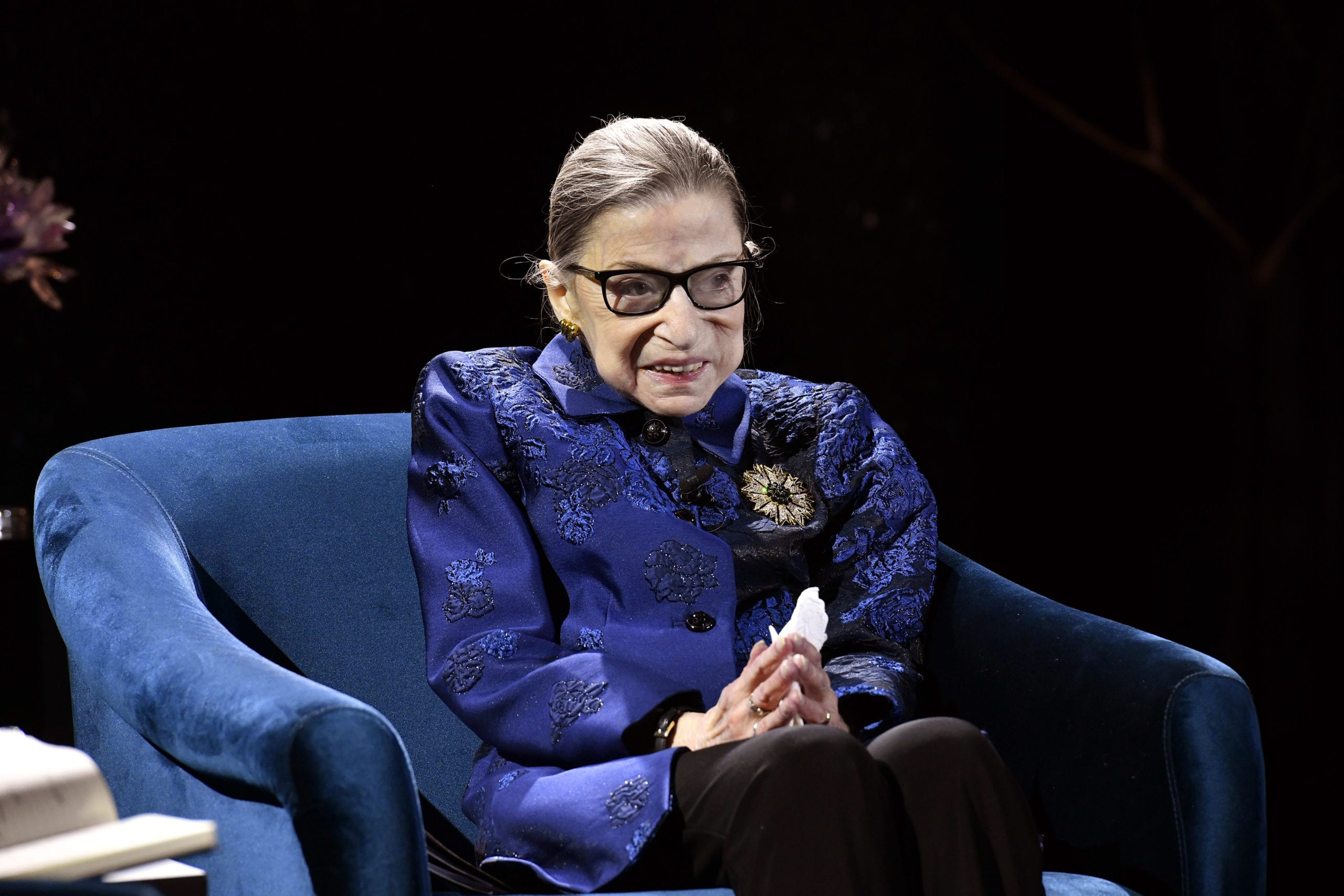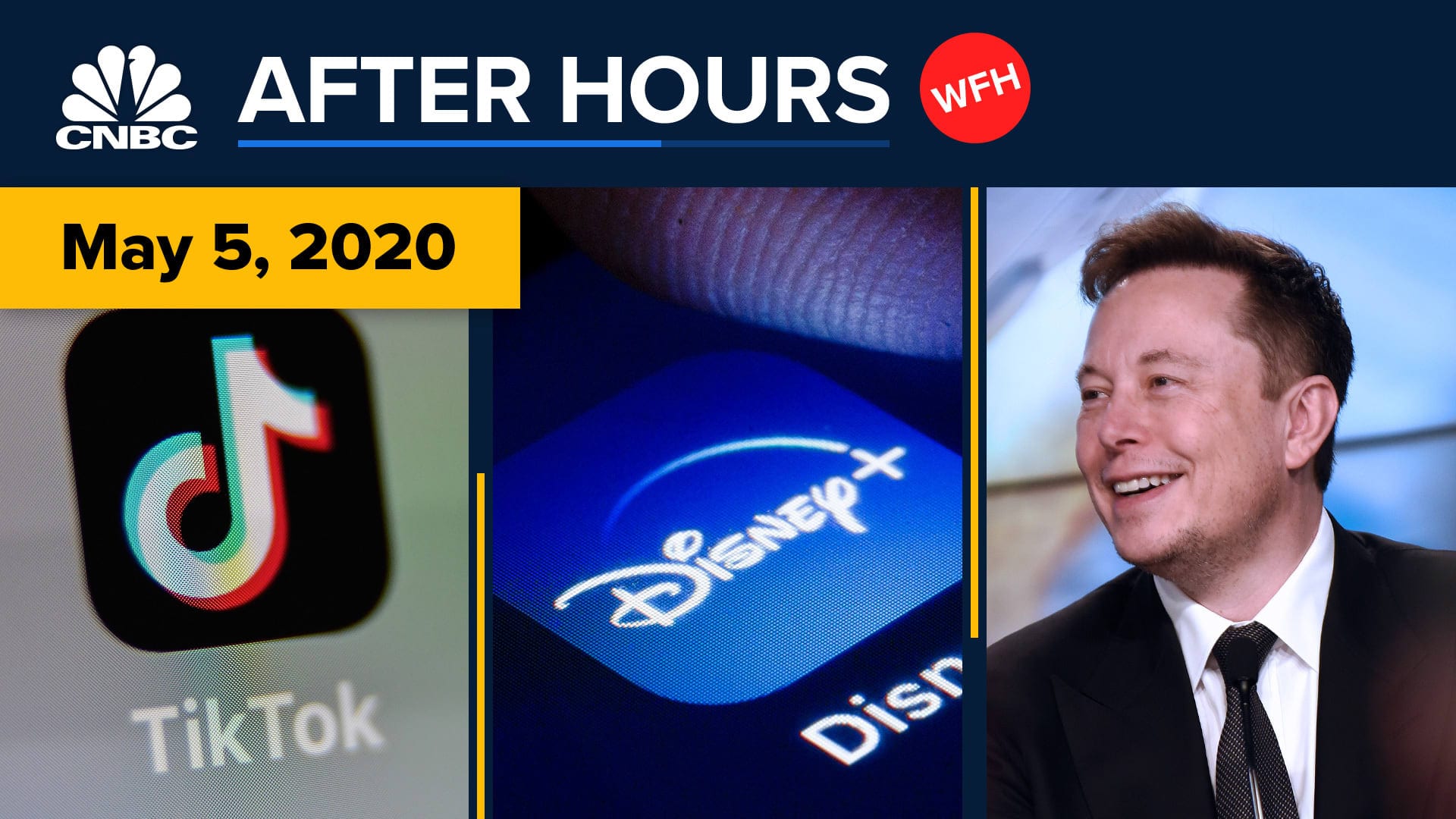[ad_1]
Ballboys wear gloves while handling warmup basketballs as a precautionary measure prior to an NBA game between the Charlotte Hornets and Atlanta Hawks at State Farm Arena on March 9, 2020 in Atlanta, Georgia.
Todd Kirkland | Getty Images
Sports teams throughout the country could be on the verge of ownership changes as the coronavirus pandemic continues to impact the economy.
Charles Baker, a partner at law firm O’Melveny, told CNBC there are “often one-off conversations” among interested buyers and owners in U.S. big-league teams, as Covid-19 continues to impact revenue streams of league owners.
To raise liquidity as other revenue is disrupted, some owners could offer to sell shares of teams, while other shares could become available as current partner look to get out.
Baker, who represented billionaire David Tepper in his $325 million acquisition of a Major League Soccer expansion franchise in Charlotte, estimated a “potential 15% to 20% drop” in team control and limited-partner positions. He said teams heavily dependent on “match day revenue” are most at risk for ownership changes.
“The U.S. is opening,” said Baker, who also represented Tepper’s $2 billion acquisition of the National Football League’s Carolina Panthers. “When we get through this, another couple of processes on the sell side that were already in place should pick up again.”
It’s well known the New York Mets of Major League Baseball are one of the significant franchises for sale. According to Forbes, the Mets are valued over $2 billion.
Steve Cohen, the billionaire hedge fund manager, previously placed a bid to purchase roughly 80% of the Mets, but the deal fell apart. With Cohen out, for now, reports of former Yankees player Alex Rodriguez’s interest in the Mets have surfaced.
Baker said it could take time for the sports ownership market to “heat up,” but potential buyers would have the advantage during the economic downturn. Baker added the limited partner space should be active, as “some owners may feel pressure and want to offload some stakes in teams to sure up liquidity.”
“I think people are approaching it somewhat cautiously,” Baker said. “Buyers are feeling somewhat empowered right now, but there is still a limited supply, and there is still some limitation on who can be a controlling owner.”
The MLB could see some activity among ownership shares, and investors are also keeping track of the MLS. But some sports bankers are also glued to the National Basketball Association.
Though owners like the Los Angeles Clippers’ Steve Ballmer and New York Knicks owner James Dolan, who completed a $400 million transaction, are well off, Covid-19 is hurting other NBA owners.
Tough times in Houston
Tilman Fertitta, controller of the Houston Rockets, is not only suffering from what league commissioner Adam Silver said is a drop to “zero revenue” in the NBA, but also from his other businesses.
Fertitta is the owner of Golden Nugget Casino and restaurant empire Landry’s. With the coronavirus pandemic hammering his restaurant and hotel income, Fertitta borrowed $300 million loan to protect his businesses, according to the Houston Chronicle.
Fertitta has history of issuing corporate bonds to raise capital, as he did to purchase the Rockets. In March, Fertitta told Bloomberg his businesses were expected to generate roughly $700 million, of which $250 million would be used to service debt. Fertitta added he has sufficient “liquidity to ride this out. I can’t go forever but I can go for a few months.”
But though te his latest move is described as insurance, it raised red flags for sports investors. One banker hinted Fertitta offering such a high return signals shares of the Rockets could become available should he need more liquidity to protect his businesses.
The Rockets did not make Fertitta available for an interview, but he told Bloomberg about an offer to “sell 50% of the Rockets for $1 billion and the answer was no.”
Rockets CEO Tad Brown spoke to CNBC on Friday, adding Fertitta is “not looking to sell and he’s never even considered it, and that’s not something he’s going to consider in the future.”
Fertitta’s Texas neighbor, the San Antonio Spurs, became the latest ownership group to sell shares, using investment firm Guggenheim Partners to handle the transaction. A person familiar with the deal informed CNBC the Spurs’ minority shares had been on the market before the Covid-19 pandemic hit.
Ryan Davis, a transactional and business lawyer at St. Louis-based law firm Bryan Cave Leighton Paisner, said though owners are enduring a “short-term cash crunch,” he hasn’t sensed dismay among U.S. top ownership groups even though franchise valuations could decline.
Davis, who advises the St. Louis Blues and MLB’s Cardinals with the clubs’ business dealings, said there is still a “tremendous demand” to get into sports ownership.
“There will be some impact in the near-term however you define that, whether its months or a couple of years,” Davis said of valuations. “But long-term, [the sports industry’s] fundamentals are very strong.”
If owners do retain franchises, Davis said protecting relationships will be crucial for valuations to recover from any short-term decline.
“That is the core issue long-term, from an economic perspective, for franchises,” Davis said. “Are relationships with fans and corporate partners still strong [post Covid-19]?”
But if teams in the U.S. leagues remain scare, Baker suggested interested buyers look overseas.
Baker said European leagues are more economically impacted, as clubs’ debt limitations are structured differently, and contract language gives broadcasters the upper hand on withholding payment to leagues.
“There are a several on the market now even in the top-level leagues in France, England, Spain, and Italy,” said Baker, who couldn’t reveal club names for privacy concerns. “There is a ton out there now if you’re willing to be an opportunistic investor.”

















